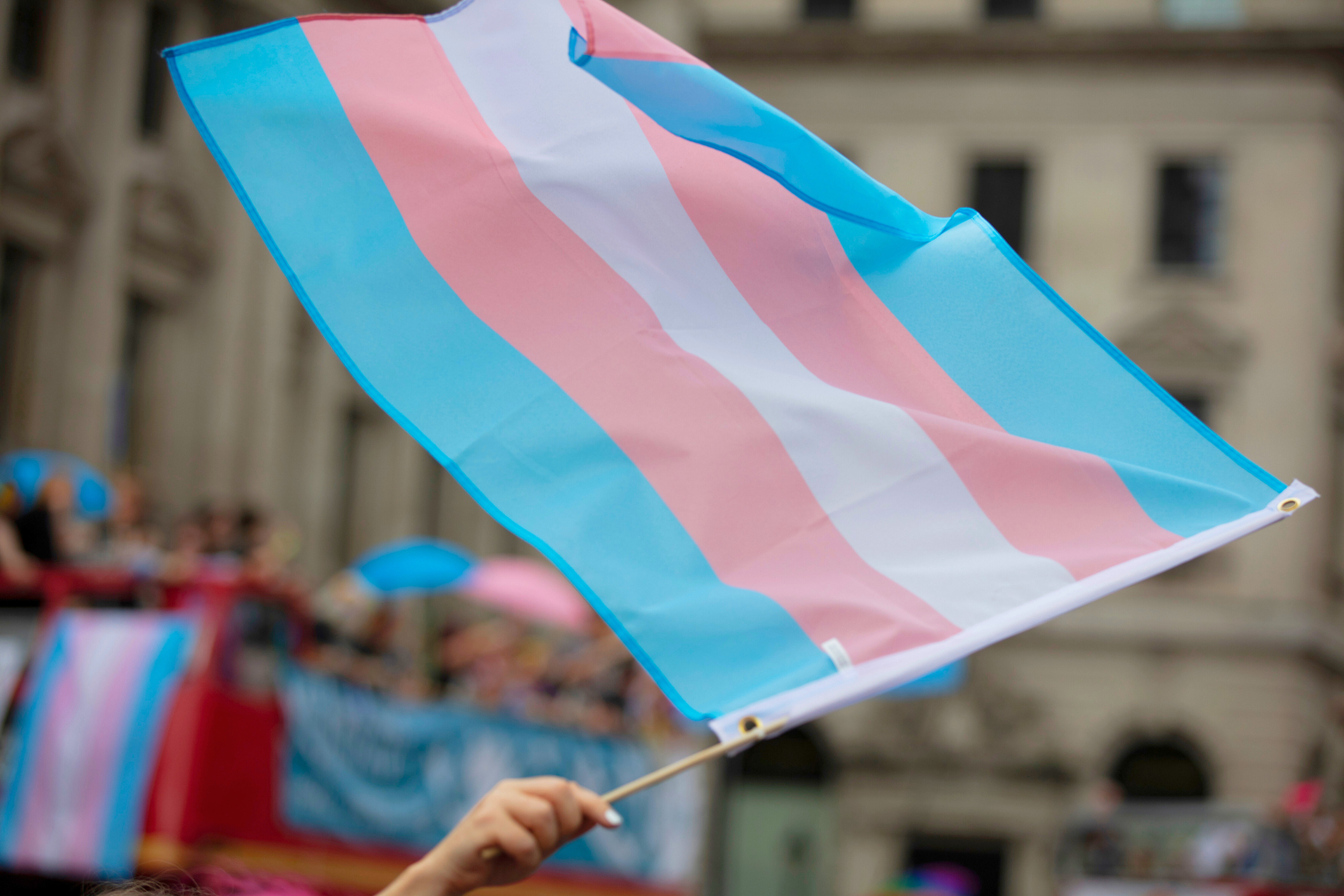By Candace Harrison
November 20th, Transgender Day of Remembrance, commemorates the transgender, nonbinary, and gender non-conforming people who have lost their lives due to anti-transgender hate crimes. It is a day to affirm the human rights of transgender persons. The transgender community can face substantial barriers, such as violent hate crimes, family neglect, lack of school belonging, suicide risk and interpersonal and environmental microaggressions.
Transgender and nonbinary people represent approximately 1.6% of the U.S. adult population, but their deaths have been on the rise. Since January 2017, almost 300 transgender individuals have been killed in this country; 72% of them were with a gun, according to data released by the nonprofit Everytown for Gun Safety. Between 2017 and 2021, the number of homicides of transgender people nearly doubled, with most of these deaths attributed to firearms. More than six in ten transgender gun homicide victims in the United States (63%) were Black trans women.
Suicide is another risk for the trans community. A 2022 report in the Journal of Interpersonal Violence indicates that 82% of transgender individuals have considered killing themselves and 40% have attempted suicide, with suicidality highest among transgender youth. Factors that contributed to suicide attempts and/or suicidality include interpersonal microaggressions, emotional neglect by family, lack of school belonging, and internalized self-stigma.
Solutions to aid in preventive measures start with professional guidance for parents and caregivers of trans youth as well as creating and implementing practices that foster inclusion and understanding at school and among peers. Furthermore, both the National Institutes of Health and the Stanford University School of Medicine have published studies linking reduced odds of depression and suicidality and/or fewer problems with substance abuse for transgender and nonbinary youths who received gender-affirming care such as puberty blockers and gender-affirming hormone treatments during adolescence compared to those trans and nonbinary youths who did not receive such treatments.
Within New Jersey, efforts have been made to protect and affirm the lives of trans and nonbinary people. In 2018, the state signed into law a series of bills establishing a Transgender Equality Task Force, amended requirements to allow for changing gender on birth certificates, and included transgender and intersex identifications for death certificates. Two years later, the Garden State removed a requirement that residents must provide a doctor’s note in order to change gender on their driver’s license, and in April 2023 Governor Murphy signed an executive order legally protecting and defending gender-affirming healthcare within NJ borders for any trans or nonbinary people who want or need access to these services, regardless of if they are state residents.
The Transgender Day of Remembrance serves to honor the memory as well as promote support for transgender, nonbinary, and gender non-conforming individuals to ensure that they can live fulfilling lives of dignity without fear of harm.

